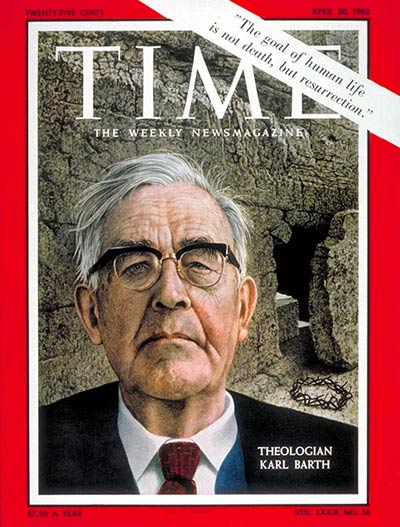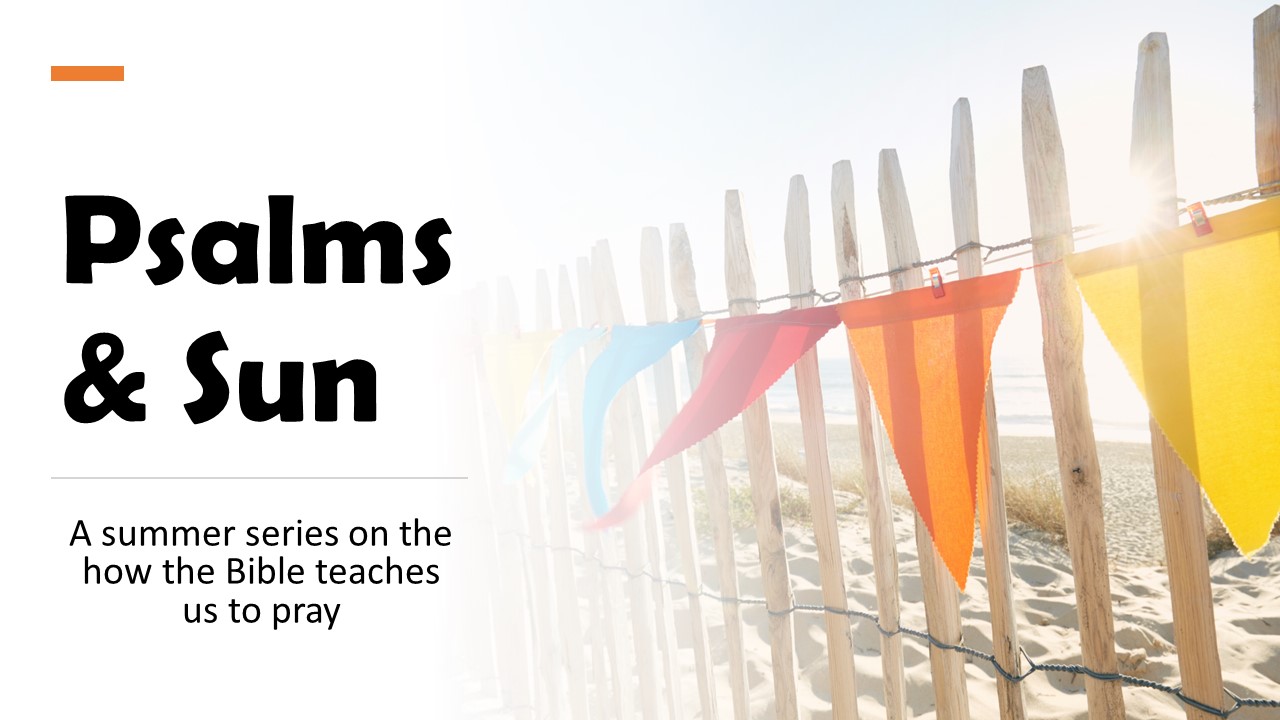Scroll down to the bottom of this post for the most recent resources added to the Psalms and Sun series. (Updated August 31).
The Book of Psalms begins with a call to meditate on God’s Torah (Teaching, Instruction and Law – ie. the Bible) in Psalm 1. To learn what it means to meditate on God’s Word check out this resource on The Bible as Ancient Jewish Meditation Literature.
Lectio Divina (a Latin term meaning “Holy Reading”) is a great way to meditate a verse or short passage of Scripture. You can download a guide on how to practice Lectio Divina either on you own or with a group HERE.
Another helpful guide to using the Psalms is to understand how The Book of Psalms is designed to lead us into journey and the story of God’s people. This video can also help us see how Psalm 2 helps introduce this story, and the rest of the book. You can also watch some other videos on How to Read Biblical Poetry. And if you find these helpful, be sure to check out the other videos in Bible Project’s How To Read The Bible series.
To go deeper into Psalm 1 you can watch a visual commentary and download some helpful study notes here (5 minutes): https://bibleproject.com/explore/video/psalm-1/
To go deeper into Psalm 8 you can watch a visual commentary and download some helpful study notes here (6 minutes): https://bibleproject.com/explore/video/psalm-8/
 In the message on Psalm 73, Rev. Read reflected on the profound statement of faith in verse 23 – “Nevertheless I am continually with you; you hold my right hand.” The great 20th Century Theologian Karl Barth often led worship in the prison near the university in Basel Switzerland, speaking simply yet profoundly to ordinary people in that challenging context. One of the most powerful of these messages was based on Psalm 73:23. You can read and reflect on it here:
In the message on Psalm 73, Rev. Read reflected on the profound statement of faith in verse 23 – “Nevertheless I am continually with you; you hold my right hand.” The great 20th Century Theologian Karl Barth often led worship in the prison near the university in Basel Switzerland, speaking simply yet profoundly to ordinary people in that challenging context. One of the most powerful of these messages was based on Psalm 73:23. You can read and reflect on it here:
Deliverance to the Captives – Nevertheless
Psalm 32 explores our need to confess our sins and the joy of forgiveness. But it turns out that the Bible has several different words for the wrong and harm we do to ourselves, others and to the world. To learn more about sin, transgression and iniquity – and all the ways that Jesus saves us and frees us to share in God’s goodness – look up the Bad Words series from Bible Project: https://bibleproject.com/explore/category/bad-words-series/
Another resource is the Examen, a form of prayer developed by St. Ignatius of Loyola and the Jesuits. The Examen is a way to prayerfully reflect on the day just past – to rejoice over what went well, repent from what we did poorly and ask God’s help for tomorrow. Here are two different versions – one Protestant (How to Pray the Examen) and the other Catholic (Try the Daily Examen _ Loyola Press).
One other excellent prayer resource is an app for your smartphone or tablet called Lectio-365. It has morning and evening prayers for each day that are drawn from the Bible. You can read the prayers yourself or listen to someone else guide you though them. The evening prayers in particular guide you on a reflection on the day that’s just past. Find it here: https://www.24-7prayer.com/resource/lectio-365/
Some great, easy to read (and short) books on the Psalms include N. T. Wright’s The Case For the Psalms, and Dietrich Bonhoeffer’s classic, The Psalms: The Prayer Book of the Bible. For more in depth study you can check out John Goldingay’s Psalms For Everyone commentary. All three are available from many major bookstores.

